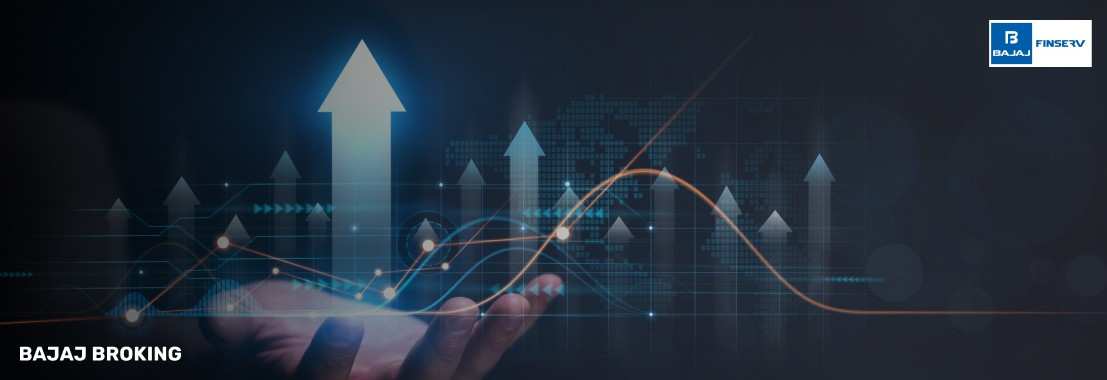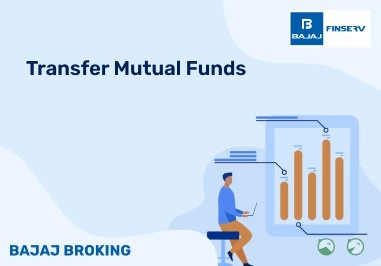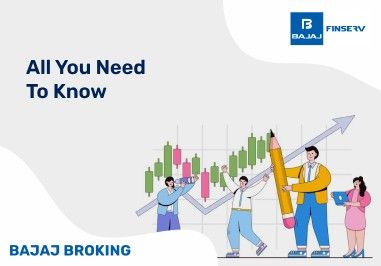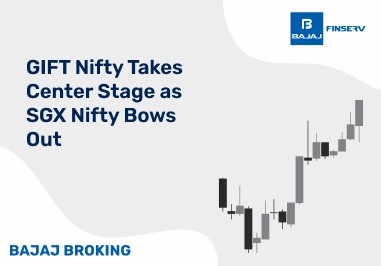Investing in the stock market entails entering and exiting positions. While a lot of focus is usually directed towards how to get started investing, knowing how to exit the share market with your money is equally significant. Investors can withdraw funds for various reasons, including achieving financial objectives, accessing liquidity, or reallocating assets. Withdrawing funds from the market involves selling your shares, waiting for the trade settlement, and then transferring the available money in your trading account to your linked bank account.
One should keep an eye on trading times, settlement times, charges involved, and tax liabilities prior to making the withdrawal. A proper understanding of these steps makes the process less laborious at the time of redemption of your investments. This article provides a comprehensive overview of the entire process, including key considerations prior to selling, settlement procedures, and the tax implications of closing your stock market holdings.
Steps to Withdraw Your Investments
Withdrawing money from the stock market involves a structured process. Here are the typical steps you should follow:
Log in to your trading account:
Use your credentials to access the trading platform where your investments are held.
Navigate to your holdings:
Check your list of stocks or securities. Ensure that the shares you intend to sell are credited to your Demat account.
Place a sell order:
Choose the security, specify the quantity, select order type (market or limit), and place the order during trading hours.
Wait for order execution:
Market orders generally execute immediately during market hours, while limit orders execute when the price condition is met.
Check trade confirmation:
After execution, verify the trade details in your trade book or order history.
Monitor the settlement process:
In India, trades follow a T+1 settlement cycle. The funds from the sale will be credited to your trading ledger on the next working day.
Initiate fund withdrawal:
Once the amount reflects in your ledger, submit a withdrawal request from your trading interface to your linked bank account.
Bank transfer completion:
After approval, the funds typically reflect in your bank account within 1–2 working days.
This standard process helps investors understand how to get your money out of the share market while using a regulated system through registered platforms.
Factors to Consider Before Selling Stocks
Selling your equity holdings involves more than just selecting the right time. It’s important to evaluate several practical aspects that can impact the outcome of your transactions:
The Indian stock market is open from 9:15 AM to 3:30 PM, Monday to Friday. Any orders placed beyond these hours are considered After Market Orders (AMOs) and are queued for execution when the market reopens.
Before you open demat account and begin trading, it is important to understand how stock liquidity can impact order execution and pricing.
Selling stocks involves various costs like brokerage charges, Securities Transaction Tax (STT), and transaction fees. These reduce your net earnings from the sale and should be reviewed beforehand.
In a highly volatile market, stock prices can fluctuate rapidly. This may cause execution at prices that differ from the intended ones, especially with market orders.
Verify that the shares are available in your demat account and are not under pledge, lien, or lock-in. Ineligible shares cannot be sold until restrictions are lifted.
Linked bank account details:
Ensure your trading account is correctly linked to your bank account to facilitate smooth fund transfers post-sale.
You can place sell orders using mobile apps, web platforms, or phone support, based on the features provided by your broker.
Taking these aspects into account ensures that the withdrawal process from your trading account remains structured and predictable.
Understanding the Settlement Process
The settlement of stock transactions in India follows a T+1 cycle. Here’s how the mechanism works:
Funds are not instantly available upon selling shares. Once credited to the trading ledger, a separate withdrawal request must be initiated to transfer the funds to your bank account.
Keep in mind:
Weekends and exchange holidays are excluded from the settlement cycle.
If the shares were recently purchased, ensure they are settled before initiating a sale (to avoid auction penalties).
The stock market may adjust the settlement cycle in response to regulatory changes, which are communicated through official channels such as NSE or BSE circulars.
This process maintains transparency and ensures that the investor receives due credit in accordance with exchange guidelines.
Tax Implications of Selling Stocks
The sale of shares attracts capital gains tax, depending on the holding period:
Short-term Capital Gains: Short-term capital gains are taxed at 20% when Securities Transaction Tax (STT) is paid during both the purchase and sale of the asset. If STT is not applicable, the gains are taxed according to the individual's income tax slab, plus 4% cess and applicable surcharge.
Long-term Capital Gains: In India, Long-Term Capital Gains (LTCG) from shares and equity-oriented mutual funds are taxed at 12.5% along with a 4% cess and applicable surcharge, provided the total gains exceed ₹1.25 lakh in a financial year.
Additional points to note:
Securities Transaction Tax is already deducted at source during the transaction.
Profits and losses should be reported in your annual tax filings under the income from capital gains section.
Filing of ITR is mandatory even for tax-exempt capital gains if the total income exceeds the taxable threshold.
Losses from equity transactions may be adjusted against gains or carried forward as per the Income Tax rules.
It is advisable to maintain proper documentation and consult a tax professional for accurate reporting. This helps in ensuring compliance with Indian tax regulations while understanding how to get your money out of the share market responsibly.
Conclusion
Leaving the stock market requires a thorough understanding of the working steps and relevant laws. From ordering a sale from your trading account to crediting the funds in your bank, every step has definite timelines and procedures. Having knowledge of brokerage fees, settlement dates, and tax implications makes transactions smooth and prevents delays. Though investing in the market is subjective, understanding how and when to liquidate is a crucial part of overall financial responsibility. A well-educated exit can aid in making sounder decisions and allow for the ability to control your investments without unnecessary complications.















